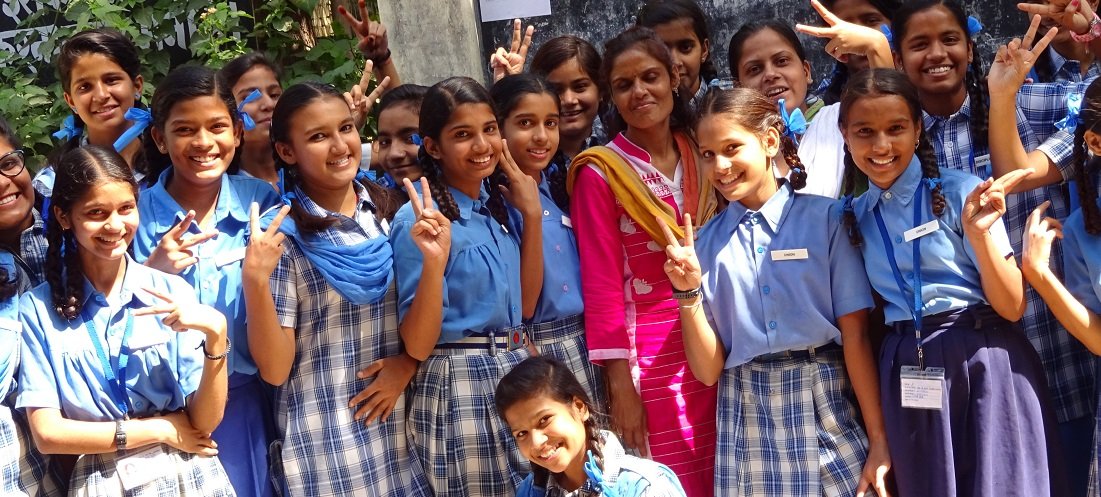
Urban MHM Study
For women around the globe, access to safe and dignified menstruation is a fundamental need. Inadequate menstrual hygiene management (MHM) is a public health concern. Along with that, deficient information and lack of awareness regarding menstrual health and hygiene practices are often the causal agents of unnecessary restrictions which in turn affect the lives of menstruating women. A growing evidence base from low- and middle-income countries also shows that many menstruating women are not able to manage their menses and associated hygiene with ease and dignity. This challenge is even more profound in a country like India, where menstruation is regarded as a societal taboo. The uncalled social norms promote a high level of secrecy about even the most basic facts related to menstruation, leading to shame and exclusion for women and girls and create various physical and psychological challenges. These system-level challenges, in conjunction, not only negatively impact the sexual and reproductive health of adolescent girls but also affect their self-confidence and their ability to make decisions and take actions. In a nutshell, inaccessible WASH facilities, inadequate access to information and materials are the major barriers for women and girls in managing their
menstruation effectively and with dignity. Menstrual Hygiene Alliance of India (MHAI), has estimated that there are 336 million menstruating women and adolescent girls in India, of which around 36 percent use disposable sanitary napkins, which accounts to 121 million. On an average, the number of sanitary napkins used per menstrual cycle is estimated to be 8, which implies that in India, 2.3 billion non-biodegradable sanitary napkins need to be managed safely. Studies have also shown that a single woman can generate up to 125 kg of non-biodegradable menstrual waste through her menstruating years. According to a joint report by Water Aid India and MHAI, depending on the materials used in the manufacture of the sanitary napkins, it could take up to 800 years to decompose a single sanitary napkin. Given the increasing availability, use and generation of non-biodegradable menstrual waste, aided by lack of sustainable systems for appropriate disposal, most cities in India stand in need of effective solutions in managing both
menstruation and the related sanitary waste in a sustainable manner.
In an ideal situation, solutions for sustainably managing waste should be based on the type of waste rather than the quantity generated. Management of sanitary waste is a colossal issue, the specially because majority of the commercially available sanitary products are made with noncompostable plastic liner, non-woven cover, and SAPs. SWM Rules 2016 recommend that all menstrual waste should be transferred and treated to one of the 215 large scale common biomedical waste incinerators that exist across the country. However, this would require creating an efficient and a self-sustain system for segregation, collection and transportation of menstrual and other sanitary waste. Although economically viable models for this have been formulated but these models are not implemented successfully. On the other hand, small scale incinerators have obtained traction in the last few years and various government schemes also recommend and accept them to treat sanitary waste. However, models that are readily available in the market today do not have appropriate emission control measures and burn the waste at a low temperature leading to inefficient combustion, in turn, releasing carcinogenic toxic fumes. Issues of inappropriate placement, ventilation and operation of units are also widespread. Small scale incinerators can be used as a practical solution if certain measures to ensure the safety of users and staffs operating these units are ensured. And it is extremely important that the environmental risk of incineration against the environmental risk of disposal in landfills is analyzed and understood better.
Download full Report


